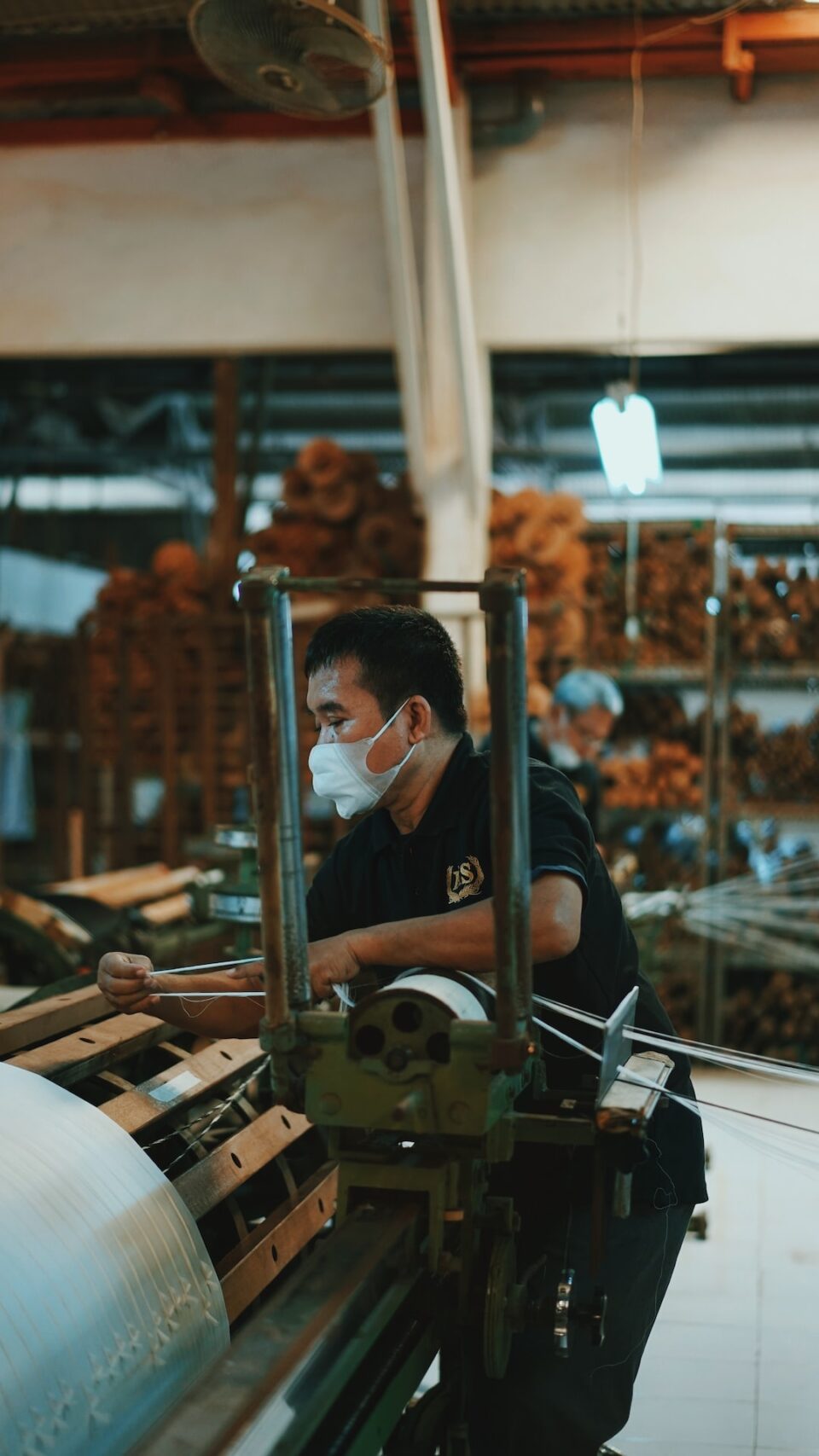The Benefits of Implementing Just-in-Time Manufacturing
In today’s fast-paced manufacturing world, companies are constantly seeking ways to streamline their production processes and reduce waste. One method that has gained tremendous popularity is Just-in-Time (JIT) manufacturing. JIT is a management philosophy that emphasizes producing the required items at the precise time they are needed, eliminating unnecessary inventory and minimizing lead times. By implementing JIT manufacturing, companies can reap numerous benefits that contribute to their overall success and profitability. In this article, we will explore some of the significant advantages of adopting JIT manufacturing.
One of the primary benefits of implementing JIT manufacturing is the reduction in inventory levels. Traditional manufacturing methods typically require companies to maintain high levels of inventory to meet customer demand. However, this often results in significant carrying costs, such as storage, insurance, and depreciation. With JIT manufacturing, companies only produce what is needed when it is needed, eliminating the need for excessive inventory. By doing so, they can free up valuable capital that can be allocated to other critical areas of the business.
By minimizing inventory levels, companies can also reduce the risk of obsolete or expired products. In traditional manufacturing processes, companies often face the challenge of dealing with obsolete or expired inventory due to changes in customer demands or market trends. This can result in significant financial losses. JIT manufacturing allows companies to produce goods based on actual customer demand, ensuring that products are delivered at the right time, in the right quantity, and with the appropriate specifications. As a result, companies can avoid unnecessary holding costs and minimize the risk of obsolete inventory.
Another advantage of implementing JIT manufacturing is the reduction in lead times. Traditional manufacturing methods often involve long lead times, which can result in delays in delivering products to customers. Longer lead times can be caused by various factors, including excessive inventory, lengthy production processes, and transportation delays. By implementing JIT manufacturing, companies can eliminate these bottlenecks by producing goods on demand, reducing production cycle times, and implementing efficient logistics systems. This allows for faster response times to customer orders, increasing customer satisfaction and loyalty.
JIT manufacturing also promotes continuous improvement and waste reduction. The JIT philosophy requires companies to identify and eliminate any activities or processes that do not add value to the final product. By constantly analyzing and evaluating production processes, companies can identify areas of waste and implement improvement initiatives to streamline operations. This could involve reducing setup times, optimizing workflow, or leveraging technology to enhance efficiency. By eliminating waste and focusing on value-added activities, companies can enhance productivity, improve quality, and ultimately reduce costs.
Furthermore, implementing JIT manufacturing fosters better relationships with suppliers. Traditional manufacturing often involves placing large orders in anticipation of future demand, which can put significant pressure on suppliers to meet these requirements. However, the JIT approach allows companies to collaborate closely with suppliers, sharing real-time demand information and working together to optimize the supply chain. By establishing strong relationships with suppliers, companies can ensure a reliable and consistent flow of materials, reducing the risks of stockouts and disruptions in production.
Lastly, JIT manufacturing promotes a culture of teamwork and employee empowerment. JIT requires close collaboration and communication between different departments within the company, eliminating silos and promoting a holistic approach to production. By involving employees in decision-making processes and giving them autonomy to make improvements, companies can create a culture of continuous learning and development. This not only enhances employee morale and job satisfaction but also stimulates innovation and creativity, leading to further efficiencies and productivity gains.
In conclusion, implementing Just-in-Time manufacturing offers numerous benefits for companies seeking to optimize their production processes. The reduction in inventory levels, lead times, and waste, coupled with enhanced supplier relationships and employee empowerment, contribute to improved operational efficiency, increased customer satisfaction, and ultimately, higher profitability. While implementing JIT manufacturing requires careful planning and coordination, companies that embrace this philosophy stand to gain a competitive edge in today’s dynamic business environment.

